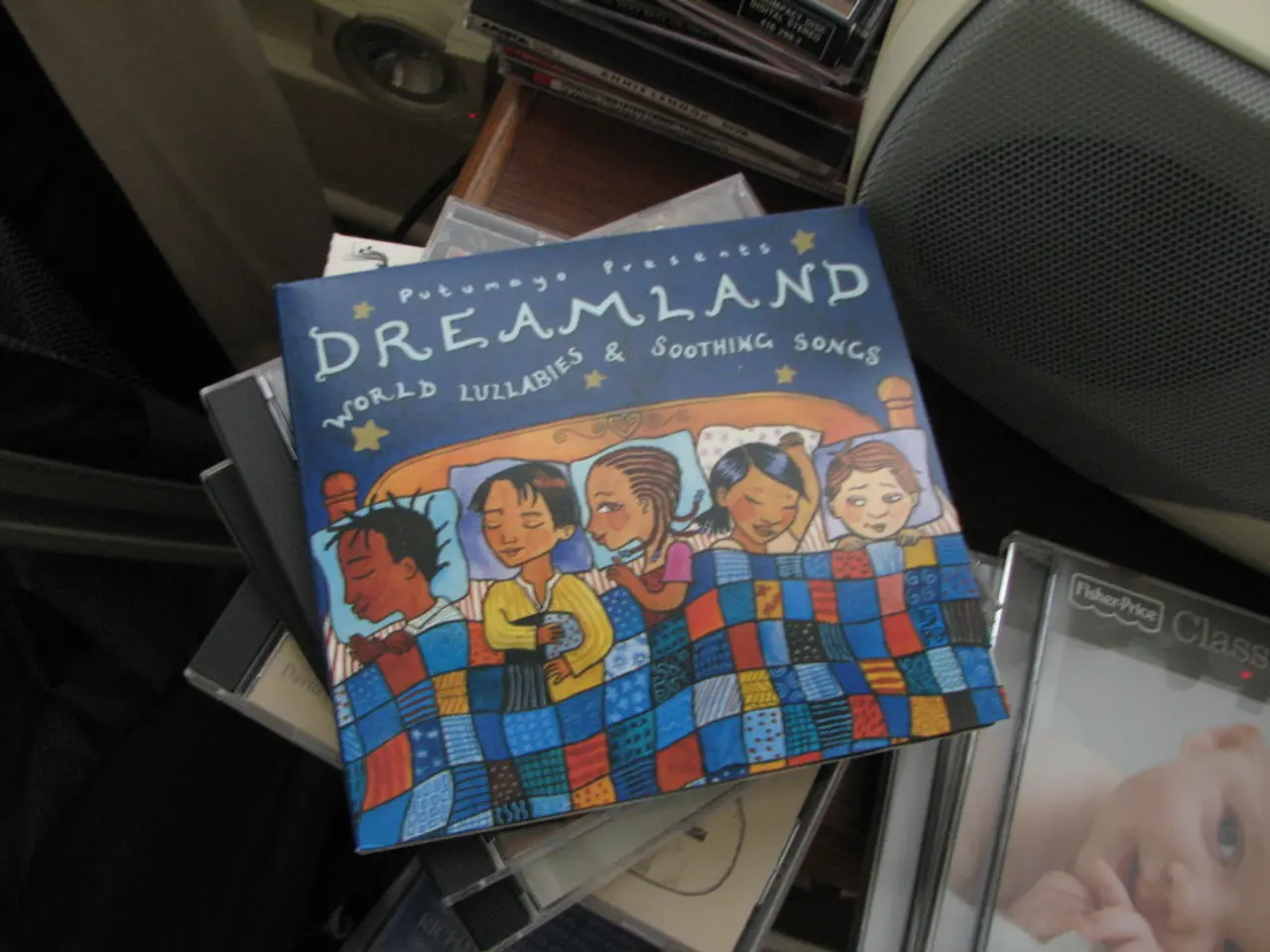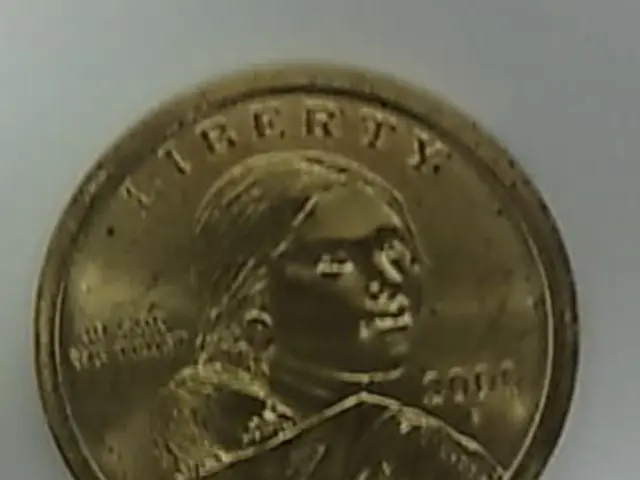Upgrading Outdated Bose Audio Systems to Wireless Bluetooth Devices
Transform your traditional Bose speakers into modern, wireless audio devices with ease. Here's a step-by-step guide on how to upgrade your Bose speakers to Bluetooth.
Firstly, consider speaker quality, compatibility, and budget when choosing a Bluetooth receiver or adapter. High-definition audio files or lossless audio formats can significantly enhance the listening experience when streaming music. However, be mindful that the audio quality may sometimes be influenced by the additional hardware used.
To connect a Bluetooth receiver to Bose speakers, you'll need a Bluetooth receiver or adapter with compatible audio output, a power supply (battery or USB), and appropriate cables to connect to the Bose speaker's input (e.g., AUX or RCA). Plug the receiver's output into the input ports of the Bose speakers, then pair the receiver with your Bluetooth source device.
For passive Bose speakers, such as the Bose 301 series, you'll need an external amplifier. This transformation is suitable for those who prefer a more robust setup, like using a Bluetooth transmitter paired with an amplifier.
Active speakers like the Bose Companion series come with their own built-in amplification and are often more straightforward to convert.
Regular cleaning of speakers with a soft, dry cloth is essential to maintain sound quality.
When it comes to volume control, you can manage it through your smartphone or tablet or the physical controls on the Bose speakers. Balancing the two volume controls can help maintain optimal sound quality.
The audio quality after converting Bose speakers to Bluetooth will depend on the Bluetooth receiver's quality and the source of the music. High-quality adapters maintain good audio fidelity, but some loss may occur due to compression in Bluetooth transmission.
Setting a budget for your upgrade is crucial, as prices for Bluetooth adapters and amplifiers vary significantly, ranging from $30 to over $200.
Older Bose speakers can be converted into Bluetooth-capable devices by using an external Bluetooth audio receiver or Bluetooth analog audio adapter that connects to the speaker's input. Another method is using a Bluetooth receiver adapter, which is particularly effective for passive speakers.
Upgrading Bose speakers to Bluetooth allows for wireless convenience and compatibility with various Bluetooth-enabled devices. However, Wi-Fi streaming solutions can provide superior sound quality due to their higher bandwidth compared to Bluetooth.
Checking connections for security and functionality is crucial in maintaining the performance of Bluetooth-enabled Bose speakers. If the Bose speakers cannot connect with the Bluetooth receiver, try checking cable connections, ensuring the receiver is in pairing mode, resetting devices, or using a different adapter compatible with the speakers.
In conclusion, upgrading your Bose speakers to Bluetooth offers a seamless, modern audio experience. By following this guide, you can enjoy the convenience of wireless connectivity while maintaining the high-quality sound that Bose is known for.
Read also:
- IM Motors reveals extended-range powertrain akin to installing an internal combustion engine in a Tesla Model Y
- Ford Embraces Silicon Valley Approach, Introducing Affordable Mid-Sized Truck and Shared Platform
- Future Outlook for Tesla in 2024: Modest Expansion in Electric Vehicle Sales, Anticipated Surge in Self-Driving Stock
- Vegetable oils are similarly utilized in the process of road cleaning.








